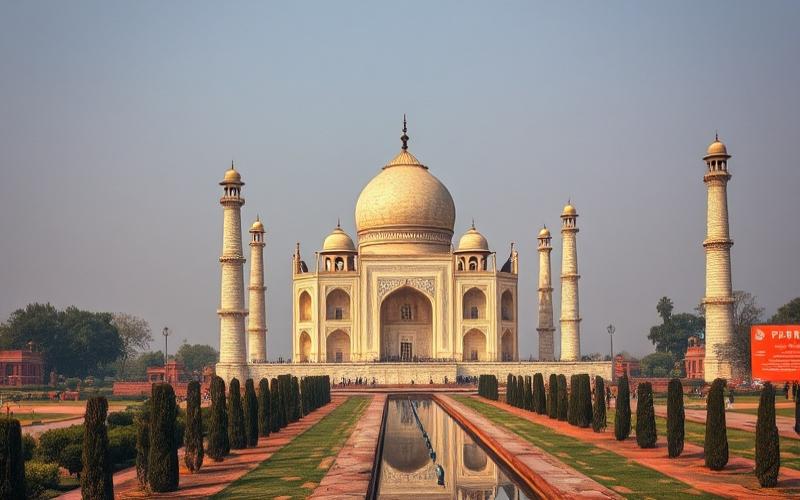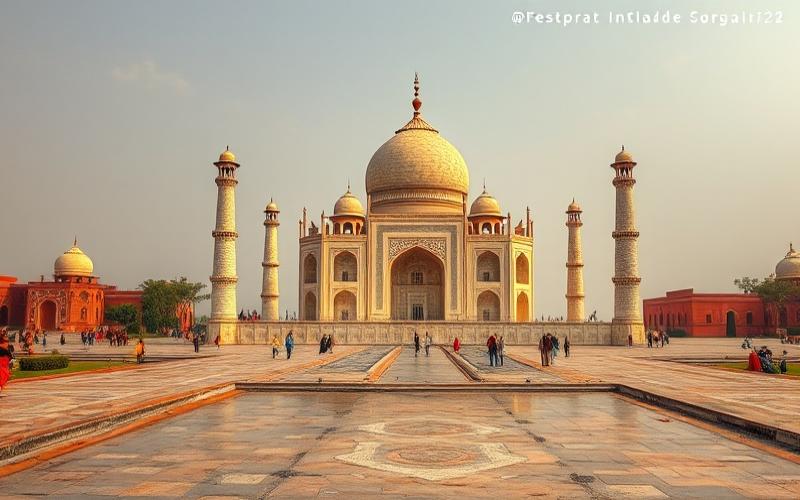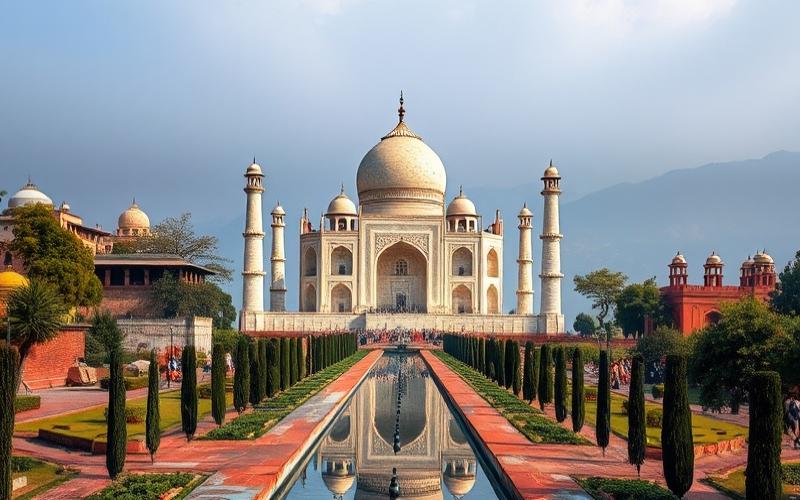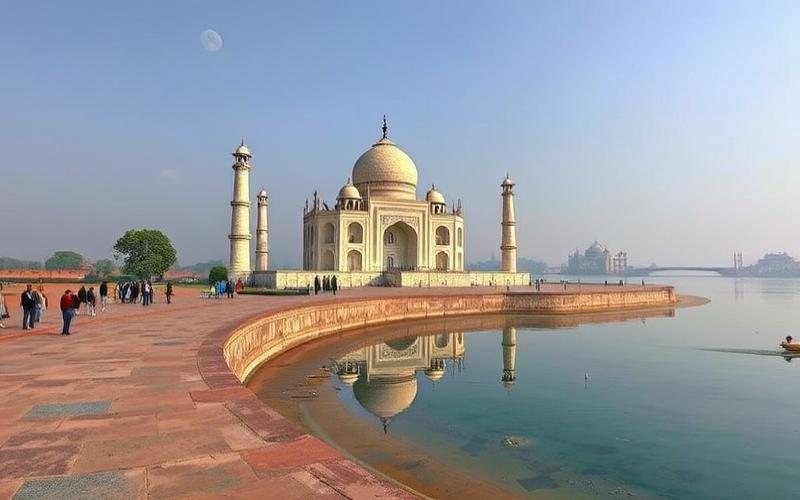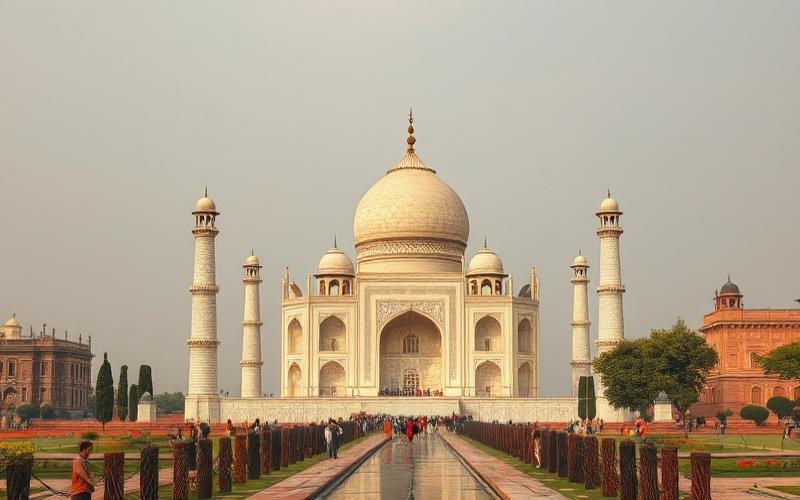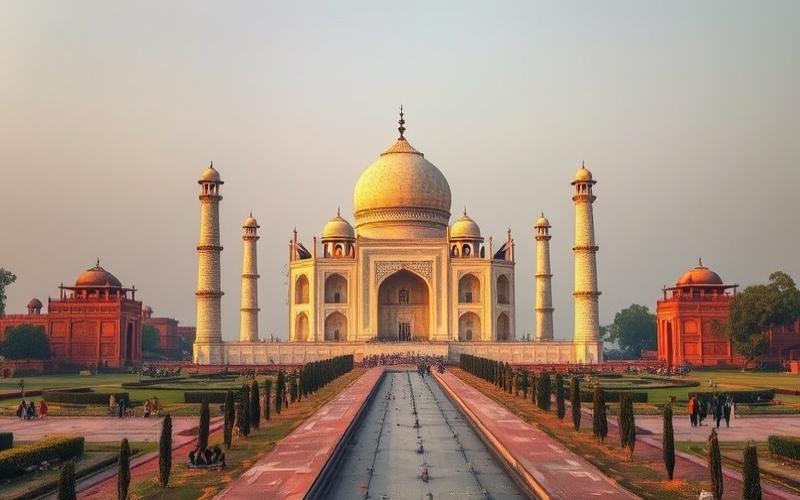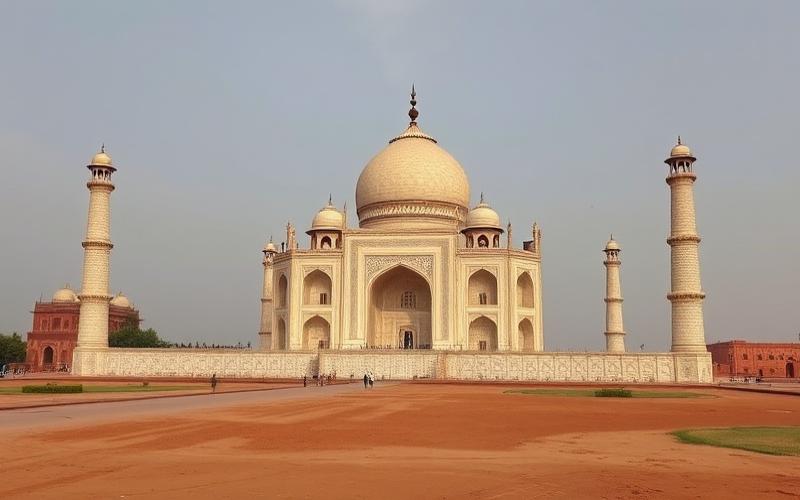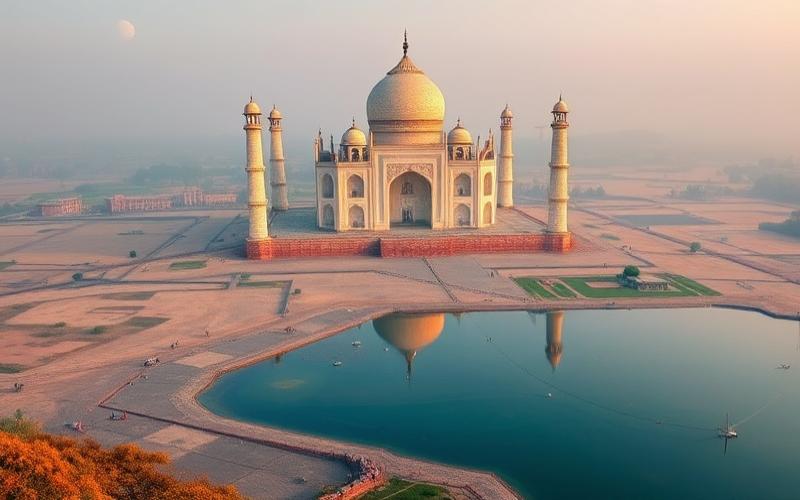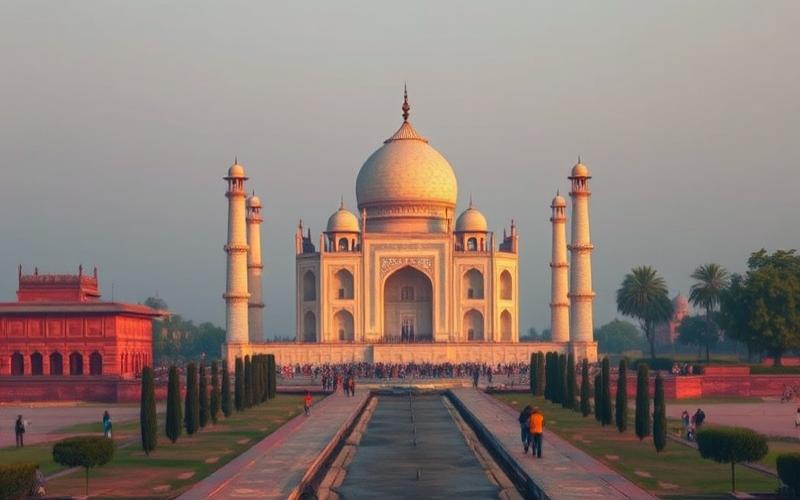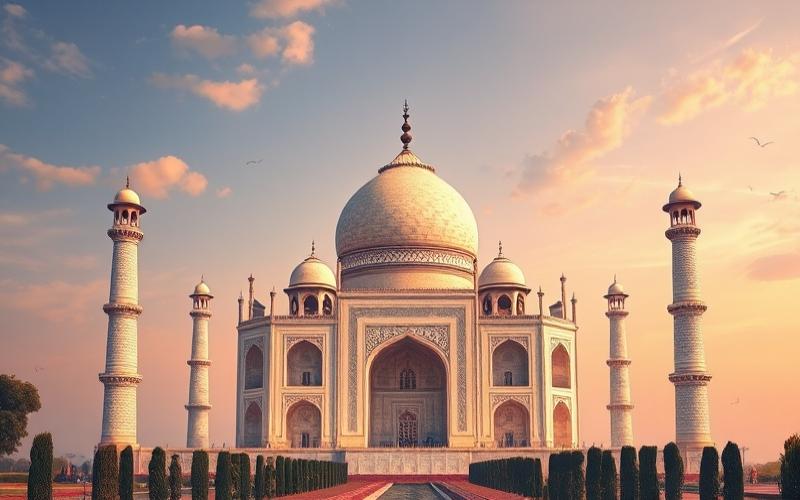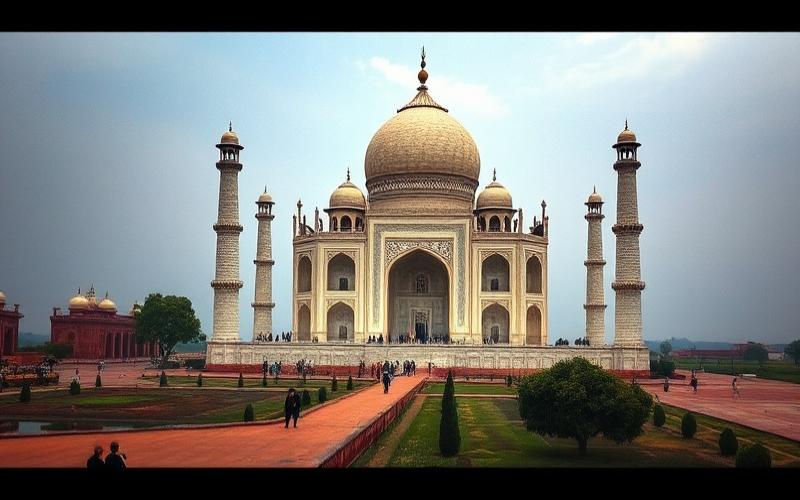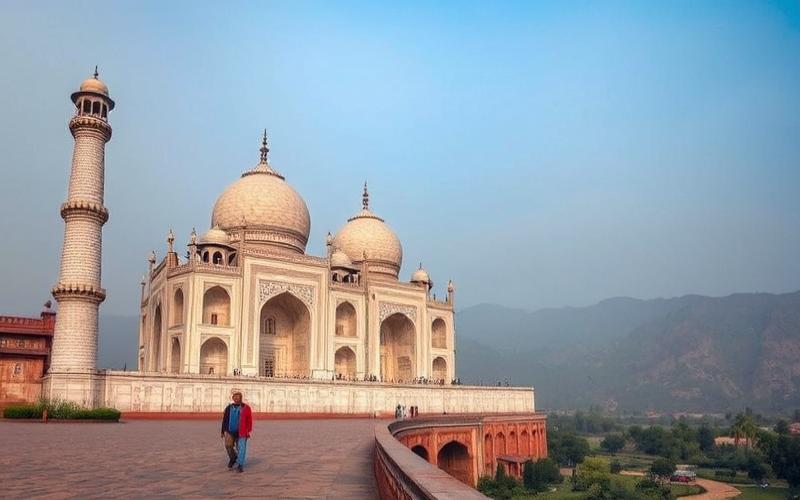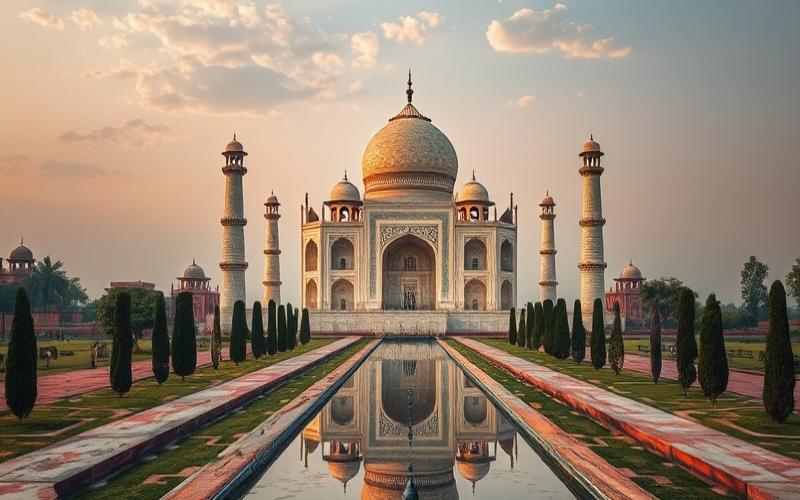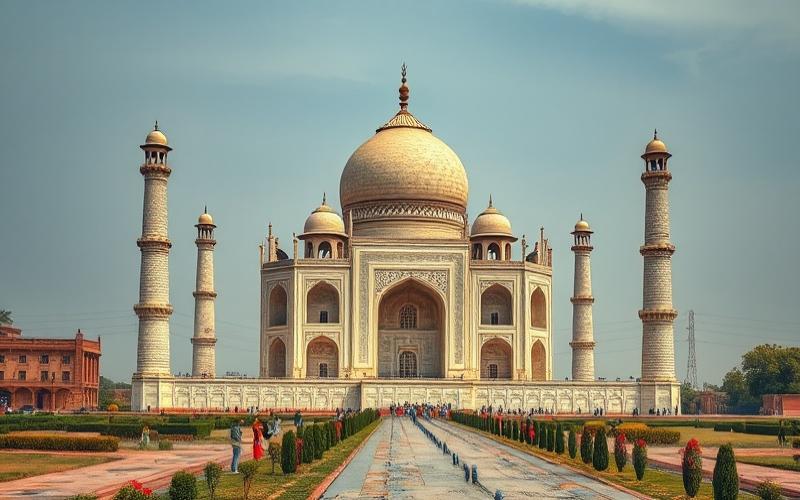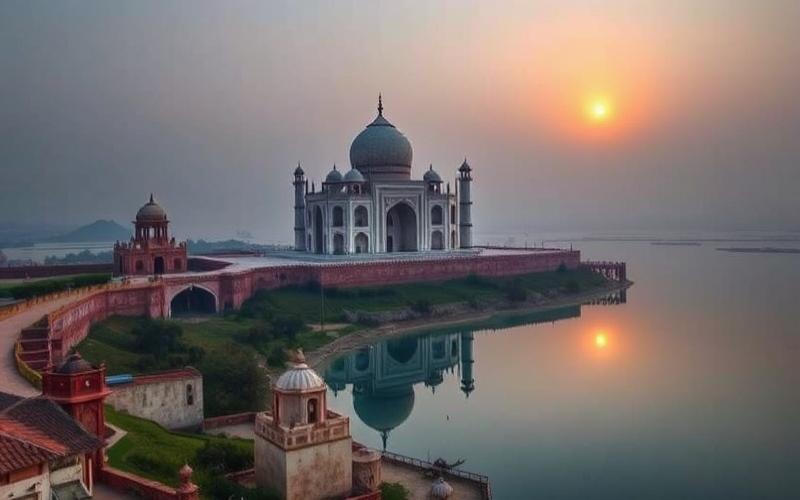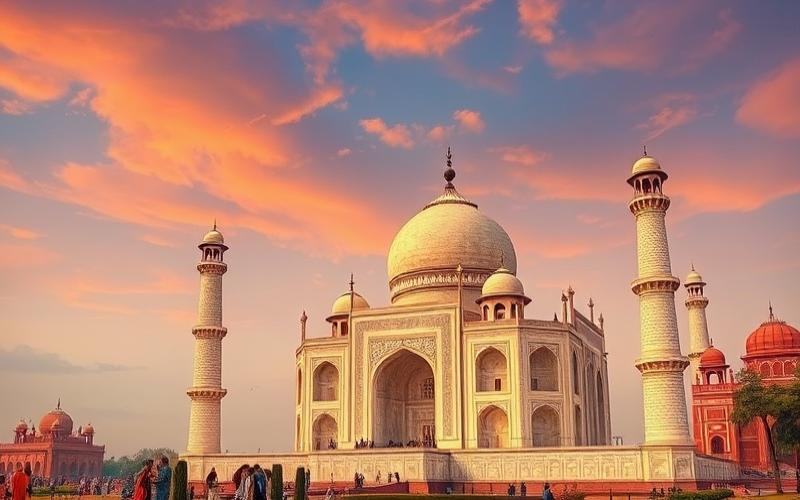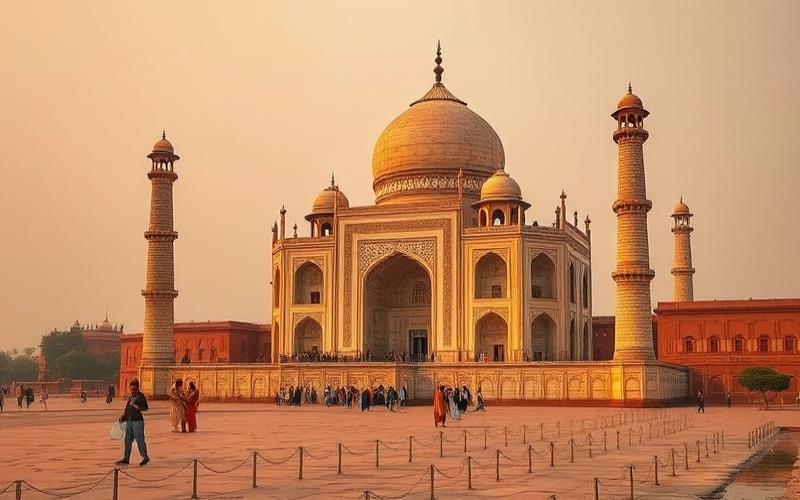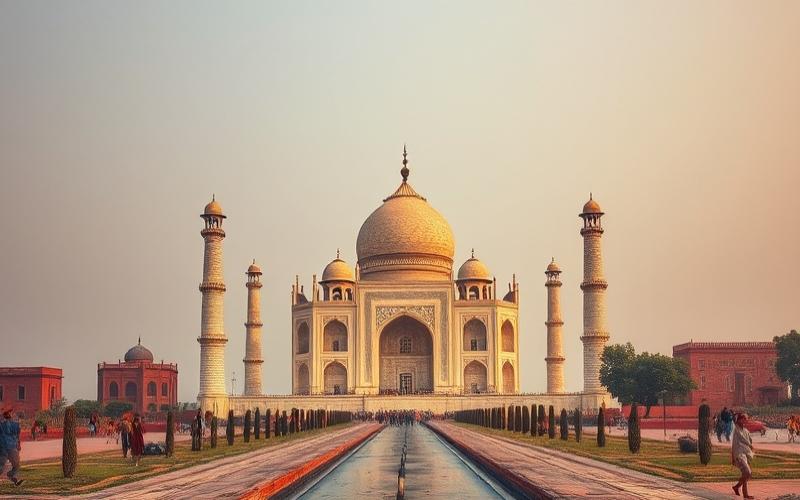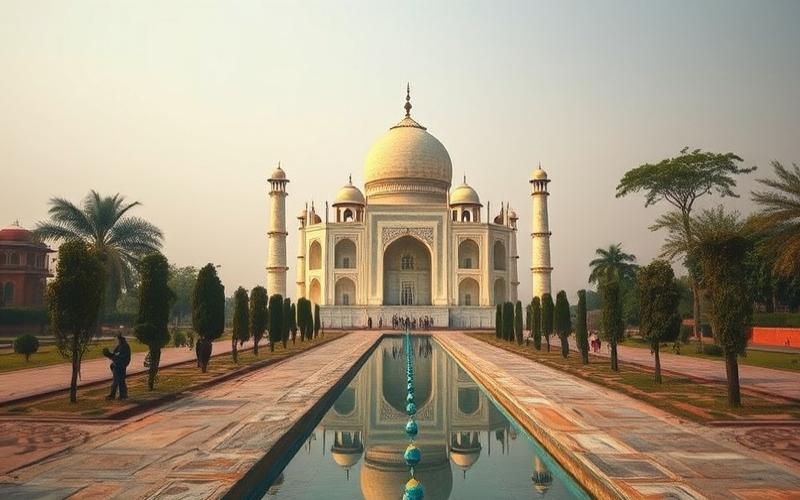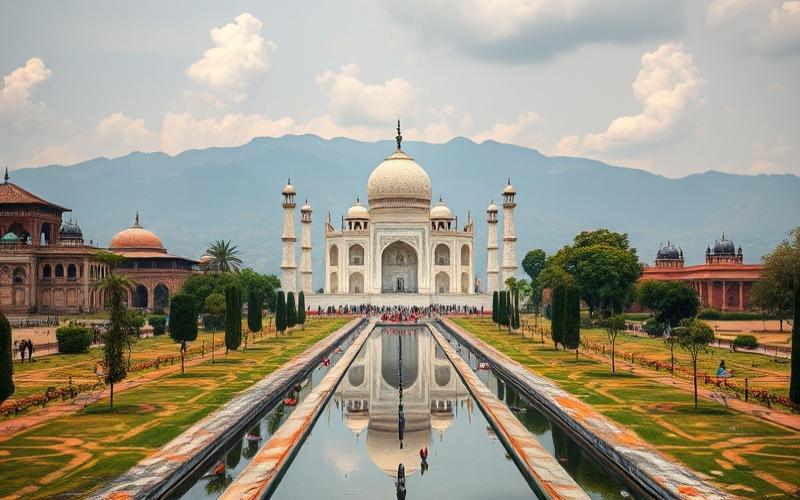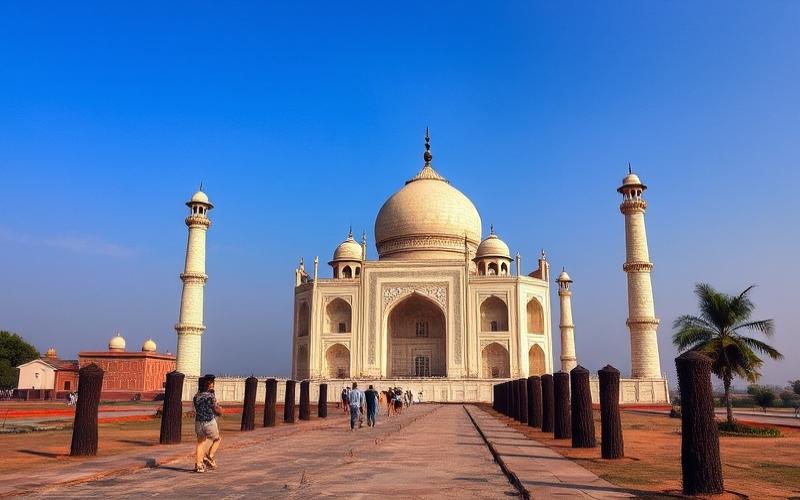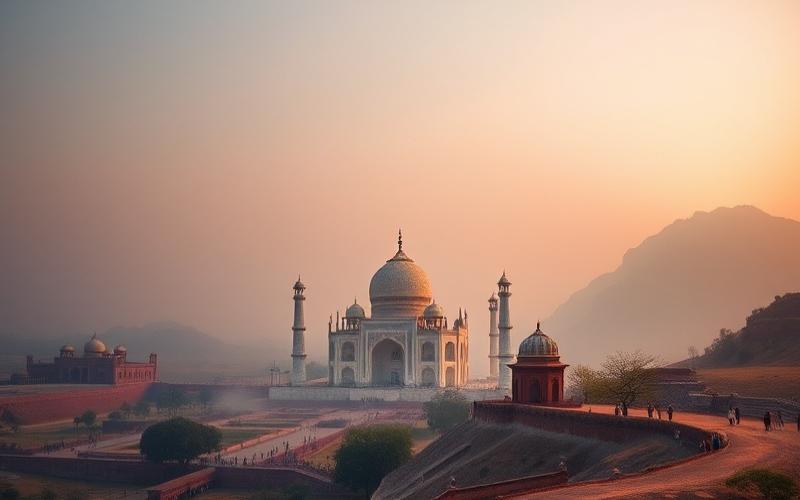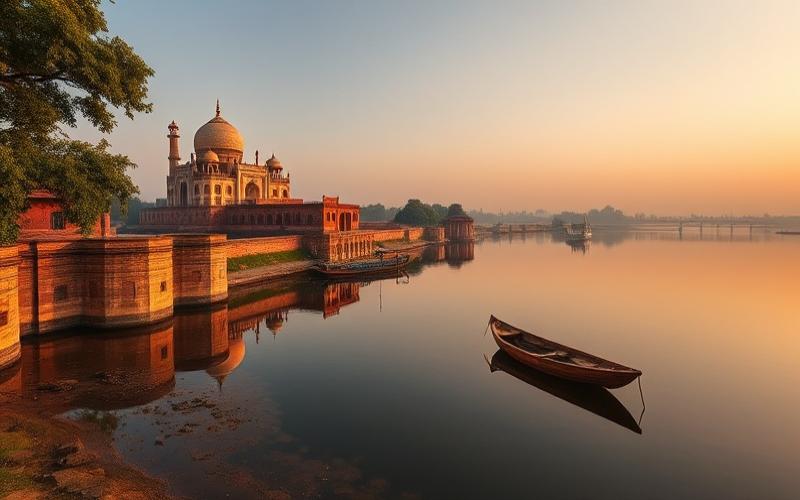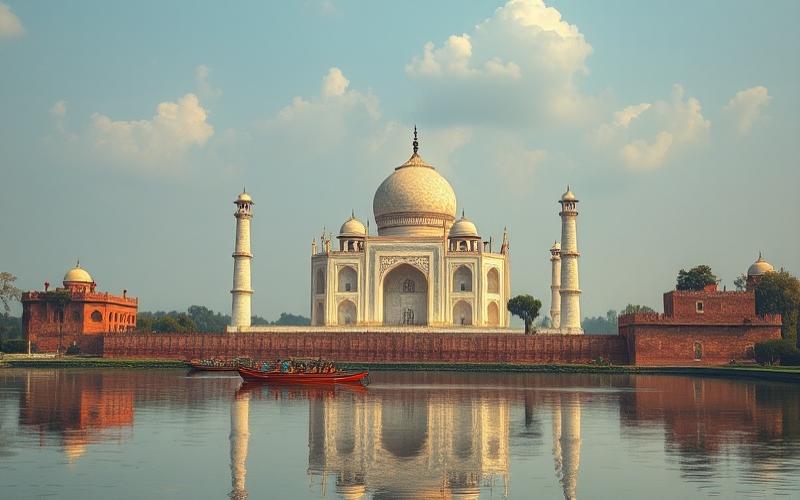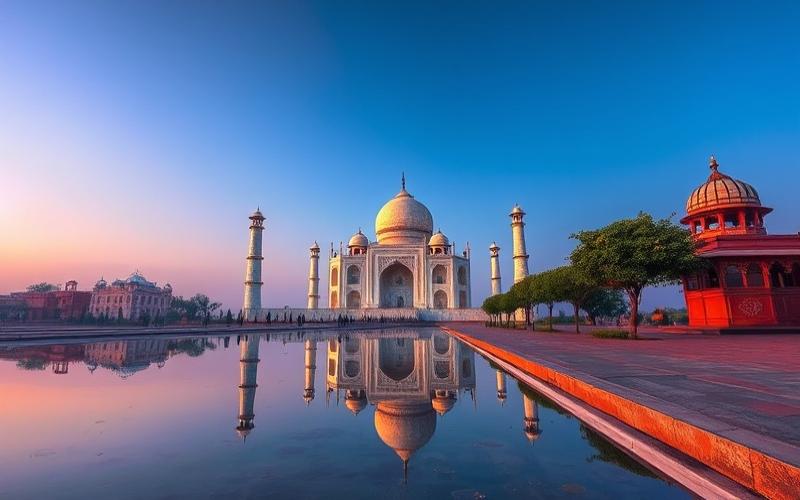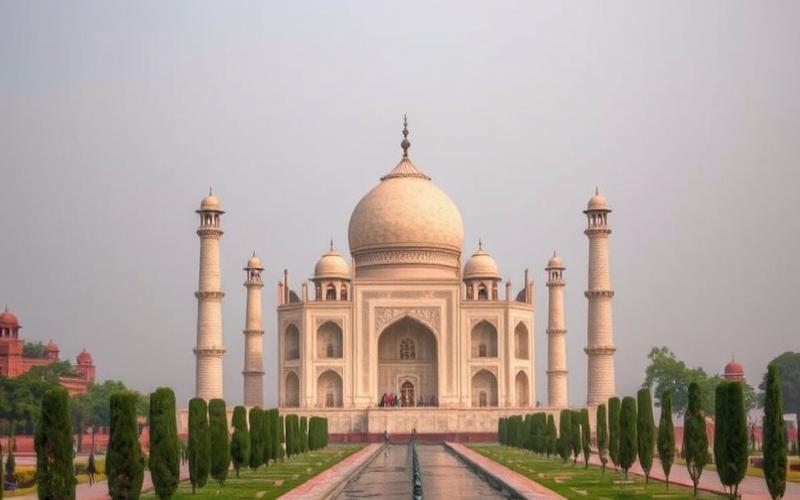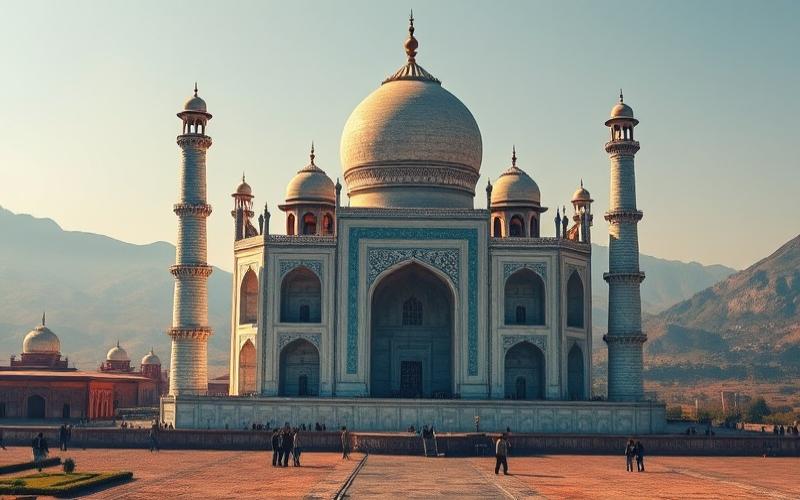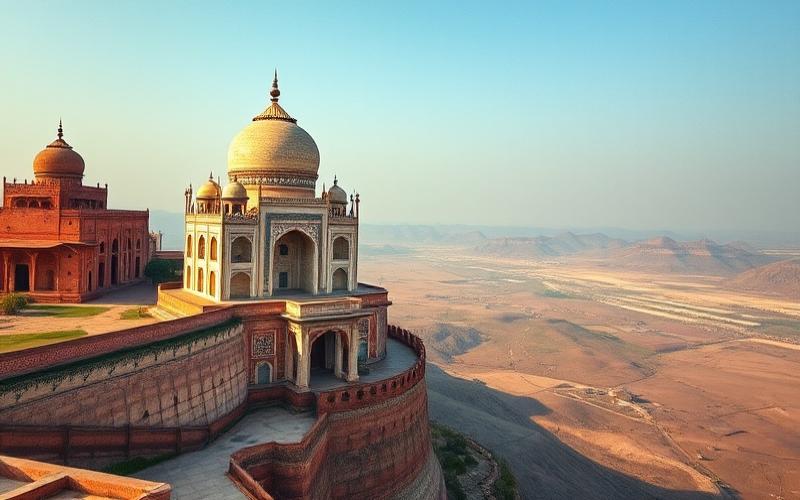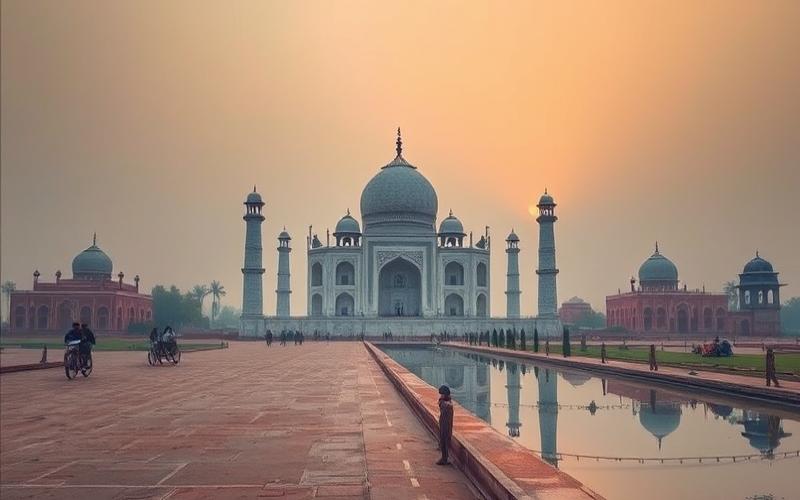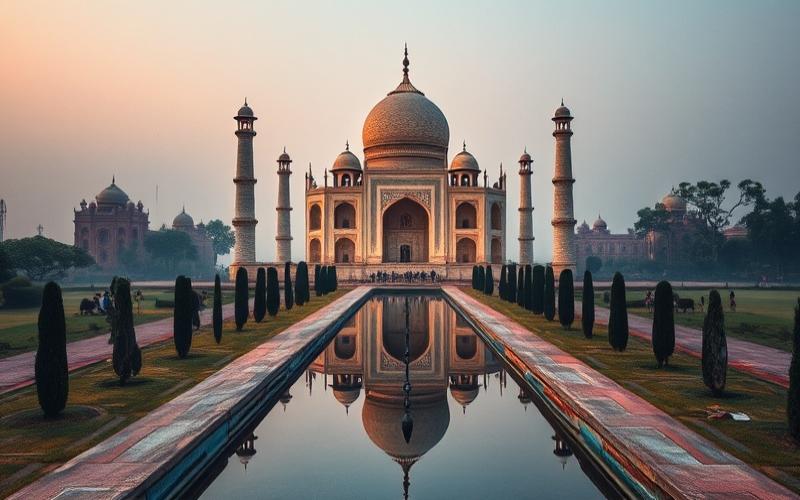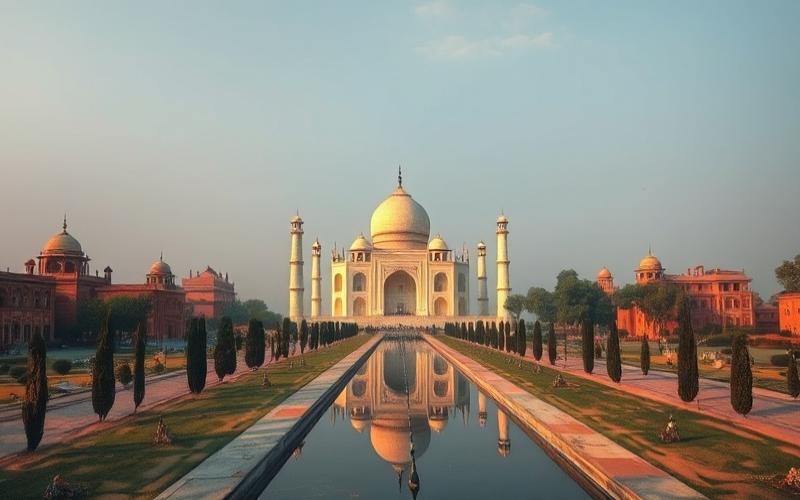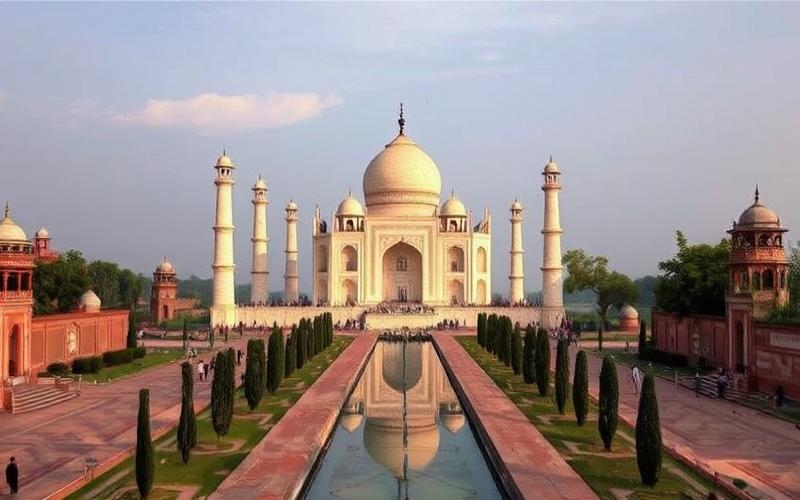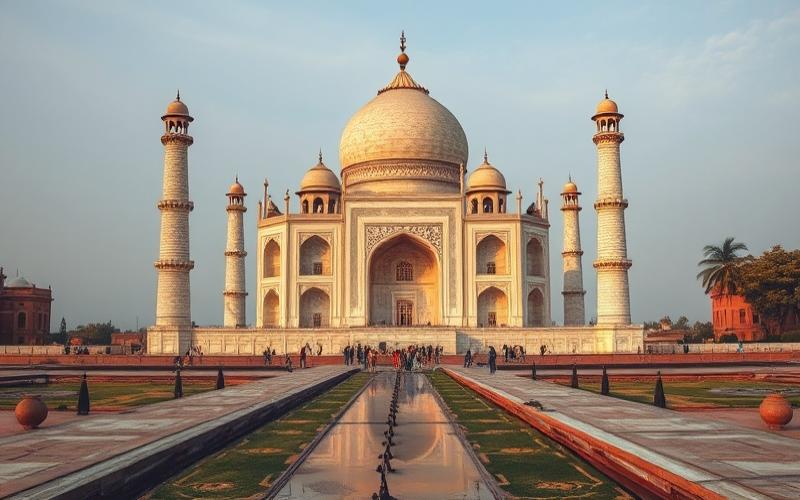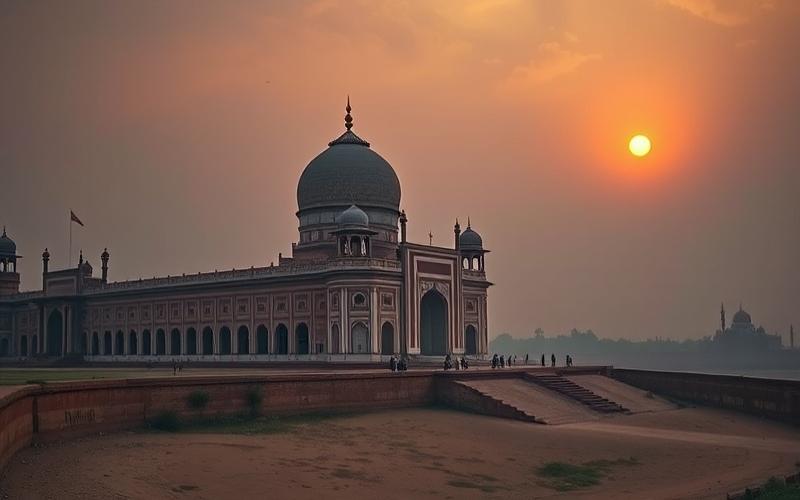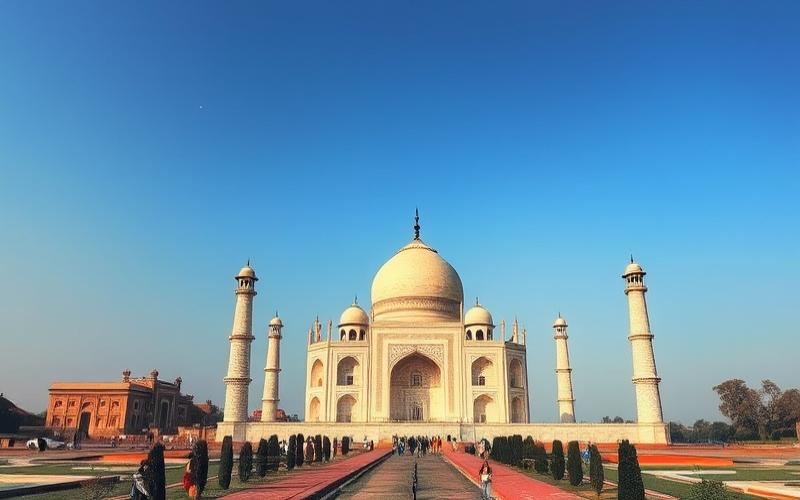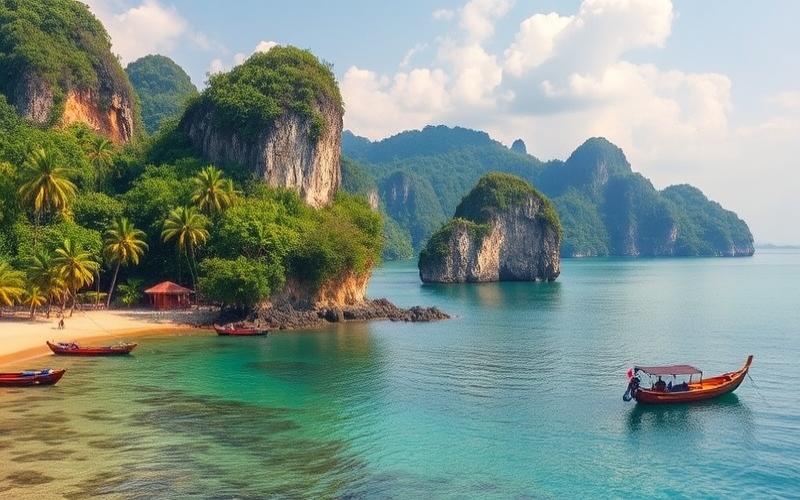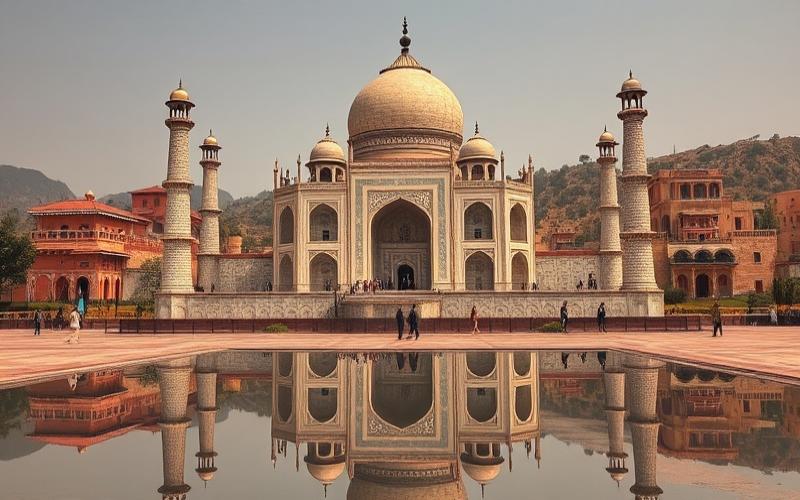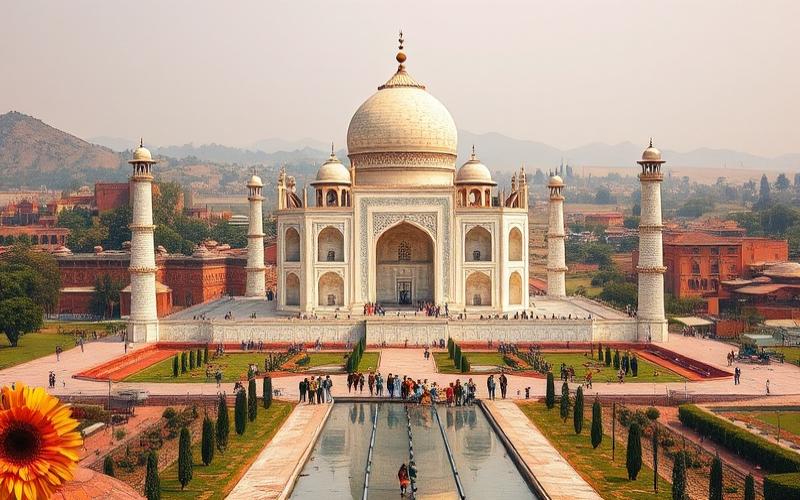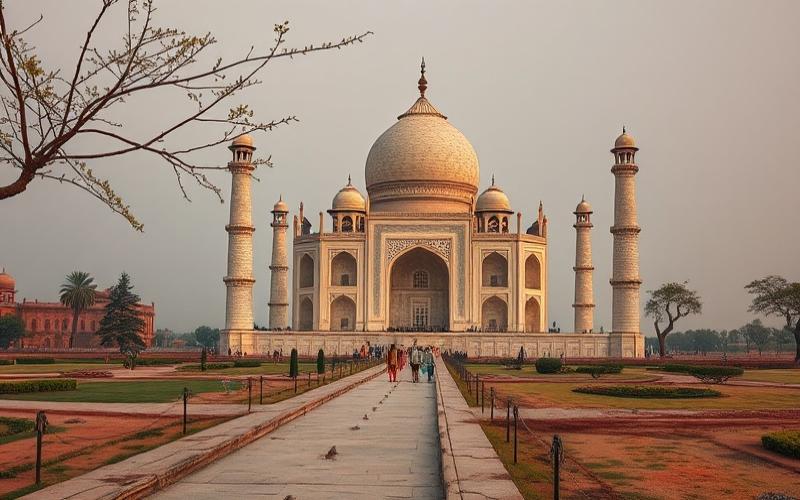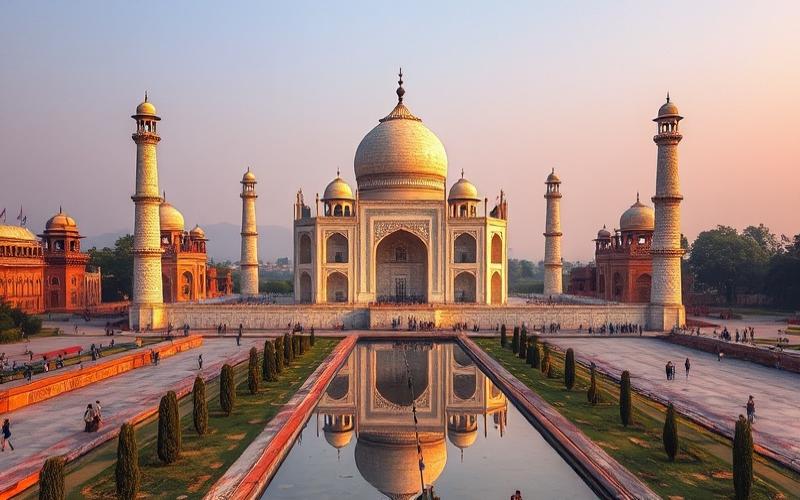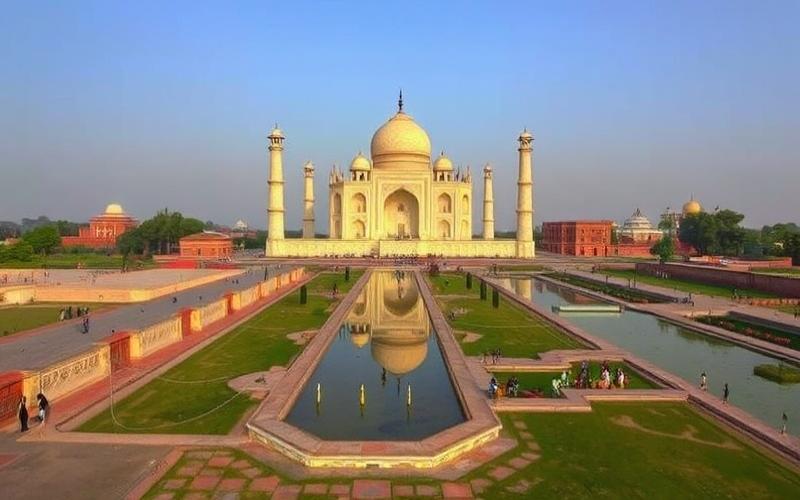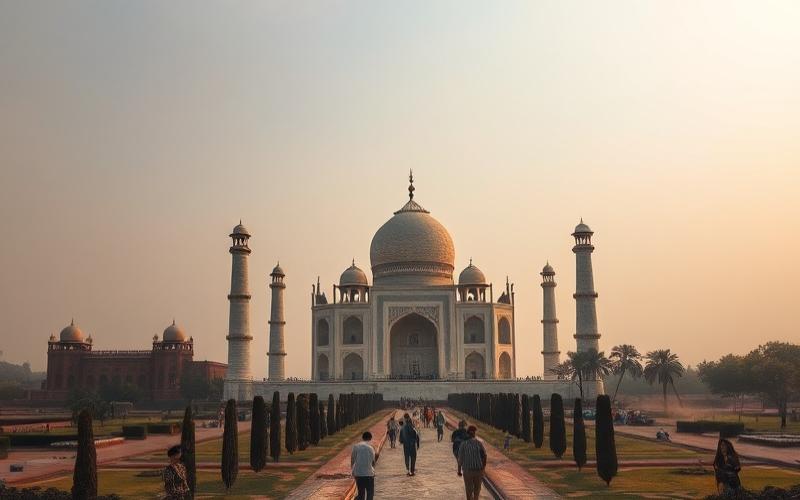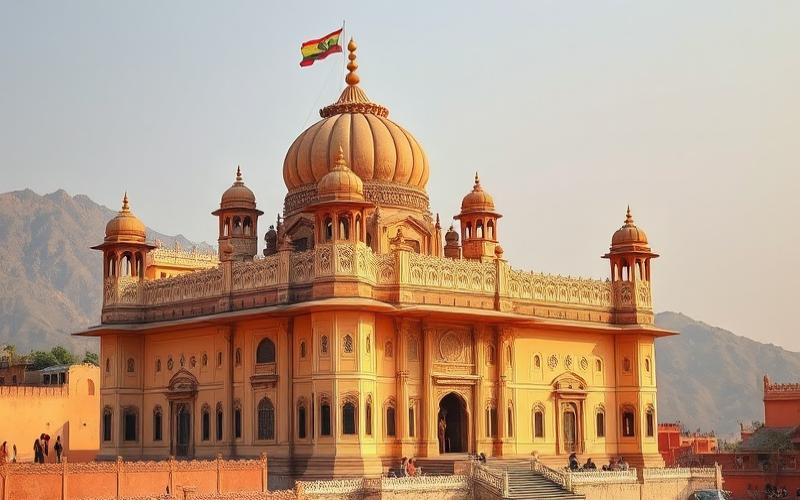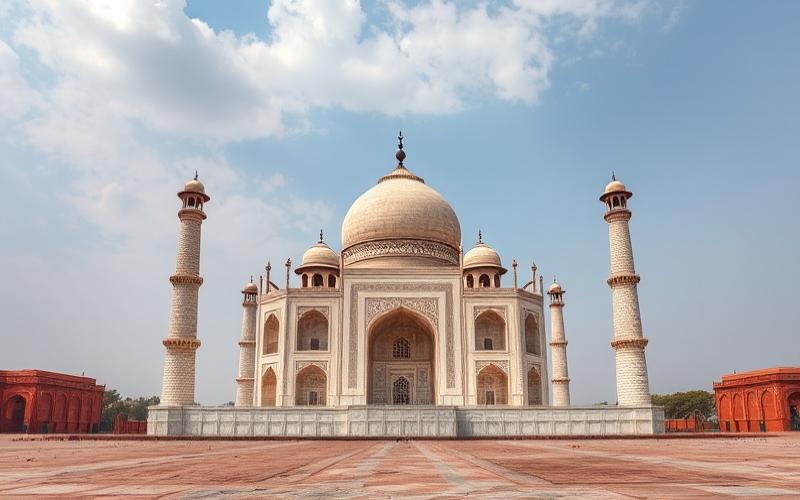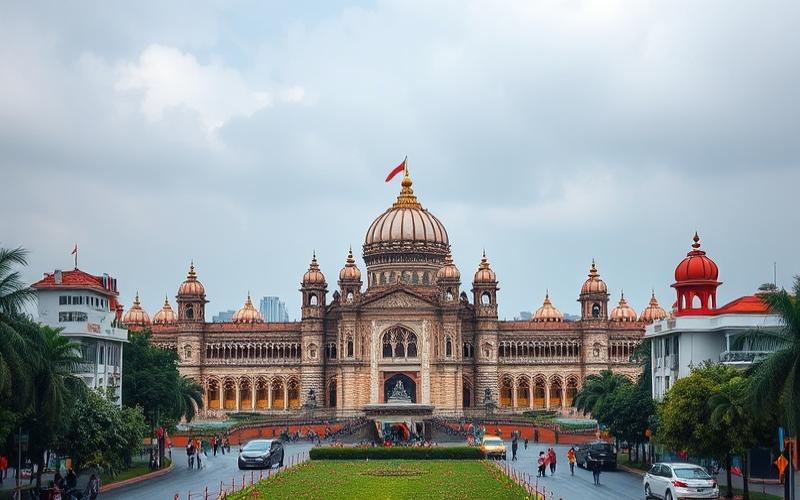
 Published on and written by Cyril Jarnias
Published on and written by Cyril Jarnias
India, with its rich cultural and historical heritage, is also home to some of the world’s best international schools, attracting students from diverse backgrounds seeking world-class education.
These prestigious institutions stand out through their rigorously international curriculum, emphasizing academic excellence, personal development, and open-mindedness.
By offering programs such as the International Baccalaureate (IB), international schools in India effectively prepare students to face the challenges of a globalized society.
With a commitment to educational innovation and world-class infrastructure, these schools are a preferred destination for those seeking an education where cultural diversity and academic excellence converge.
Gems of International Schools in India
Most Reputable International Schools in India
| School | City/Cities | Academic Programs | Infrastructure & Recognition |
|---|---|---|---|
| The International School Bangalore (TISB) | Bangalore | IB, IGCSE | Modern campus, advanced laboratories, globally recognized |
| Dhirubhai Ambani International School (DAIS) | Mumbai | IB, IGCSE | State-of-the-art sports facilities, innovation center, regularly ranked among Asia’s best |
| Oberoi International School | Mumbai | IB | Comprehensive arts and sports infrastructure, strong international orientation |
| Indus International School | Bangalore/Hyderabad/Bengaluru | IB | Award-winning Leadership Center, smart campus, global partnerships with foreign universities |
| Woodstock School | Mussoorie | IB, Cambridge | Historic Himalayan boarding school with eco-friendly and multicultural facilities |
Academic Programs
- IB (International Baccalaureate): globally recognized for academic rigor and global perspectives.
- IGCSE/Cambridge: preparation for international universities with flexible subject choices.
- Emphasis on critical thinking and creativity.
Modern Infrastructure
- State-of-the-art science laboratories.
- Interactive multimedia classrooms.
- Olympic-standard sports centers (indoor/outdoor heated pools, multi-sport fields).
- Secure student residences.
- Dedicated spaces for technological innovation.
International Recognition
Accreditation by the Council of International Schools or IBO (International Baccalaureate Organization).
Regular partnerships with institutions in the UK/US/Australia for academic exchanges.
Cities and Opportunities Offered
Bangalore, Mumbai, Hyderabad are among the metropolises offering a cosmopolitan environment. Schools there foster:
- International cultural exchanges, thanks to a highly diverse student population;
- Competitive sports programs, participation in inter-school tournaments in India and abroad;
Woodstock School stands out for its immersive boarding experience in an exceptional natural setting (Mussoorie) that strengthens the sense of international belonging.
Unique Experience Offered
Students benefit from:
- Personalized guidance with academic mentoring and dedicated university counseling
- Varied clubs: MUN (Model United Nations) debates, AI robotics, or visual arts
- National/international educational trips each year
Common Admission Criteria
Indicative list:
- Internal written tests or recognized external exams
- Individual interview/motivation assessment
- Strong previous academic record
- Sometimes letter(s) of recommendation
Selection remains demanding to ensure a consistently high level within classes.
Notable Alumni Success Stories
TISB has seen several alumni enter Harvard/MIT/Oxford through intensive STEM preparation.
DAIS counts among its alumni Akash Ambani (industrial leader) as well as several internationally recognized tech entrepreneurs.
Woodstock has educated numerous Indian diplomats and senior executives active in multilateral institutions like the UN or World Bank.
Indian international schools thus offer a synthesis between global academic excellence and holistic personal development – preparing their students to integrate into all global academic environments while cultivating their multicultural identity.
Good to Know:
International schools in India, such as the American School of Bombay and Indus International School in Bangalore, stand out through their rigorous academic programs inspired by IB and Cambridge curricula, and modern infrastructure equipped with cutting-edge technology. Located in dynamic cities, these institutions offer unparalleled opportunities for cultural exchanges and sports programs, enriching the student experience. They are internationally recognized for their excellence and have educated current leaders in various fields, illustrating through success stories the quality of their teaching. Admission, often competitive, is based on academic performance, tests, and interviews, thus providing an environment conducive to the development of ambitious students.
Budget to Plan for International Education in India
Elements Composing the Budget for International Education in India:
- Tuition Fees
- Vary significantly depending on school type and chosen program.
- National Programs (CBSE, ICSE): often between $400 and $3,300 per year for international students.
- International Schools (IB type): between $3,300 and $7,800 per year, or more for specialized programs (medicine, engineering).
- Some specialties (computer science, medicine) may require up to $3,500 in additional annual fees.
- Registration Fees
- Generally paid once at the start of schooling.
- Between $100 and $400 depending on the institution and study level.
- School Supplies
- Books, supplies, specific equipment: $50 to $300 per year depending on school requirements and program.
- Uniforms
- Often mandatory, especially in national and international schools.
- Budget $60 to $150 for initial purchase (summer, winter, sports uniforms).
- School Transportation
- School bus or shuttle: $200 to $800 per year depending on home-school distance and city.
- Accommodation
- University residence: $500 to $1,200 per year in urban areas, sometimes less in rural areas.
- Private rental (shared housing or apartment): $100 to $350 per month depending on the city.
- Major cities like Mumbai, Bangalore, Delhi have significantly higher costs than rural or secondary areas.
- Daily Living Costs
- Food, local transport, phone, Internet: $100 to $200 per month on average.
- Unexpected Additional Fees
- School trips, cultural exchanges, sports competitions: $100 to $500 per event.
- Mandatory health insurance for international students: $50 to $150 per year.
- Bank fees for international transfers.
Cost Comparison by Institution Type and Location
| School Type / Location | Annual Tuition Fees | Accommodation (month) | Transportation (year) | Supplies/Uniform (year) | Unexpected Costs (year) |
|---|---|---|---|---|---|
| National School (rural area) | $400 – $1,500 | $60 – $120 | $200 | $80 | $100 |
| National School (major city) | $800 – $2,500 | $150 – $250 | $400 | $120 | $200 |
| IB School (rural area) | $2,500 – $5,000 | $100 – $200 | $400 | $150 | $300 |
| IB School (major city) | $5,000 – $8,000+ | $250 – $350 | $800 | $200 | $500 |
Concrete Examples of Annual Budgets
- National School (CBSE) in Jaipur (semi-urban area):
- Tuition Fees: $1,000
- Campus Accommodation: $800
- Transportation: $250
- Supplies and Uniforms: $120
- Other (excursions, unexpected): $150
- Total Annual: $2,320
- International IB School in Bangalore (major city):
- Tuition Fees: $7,000
- Private Accommodation: $3,000
- Transportation: $800
- Supplies and Uniforms: $200
- Other (trips, activities): $500
- Total Annual: $11,500
Tips for Budget Planning and Optimization
- Compare Institutions: Analyze value for money based on program, location, and international diploma recognition.
- Anticipate Hidden Costs: Account for all additional expenses (insurance, excursions, bank fees).
- Research Scholarships: Many programs offer partial or full financial aid for international students.
- Choose City Based on Cost of Living: Major Indian metropolises are significantly more expensive than secondary cities or rural areas.
- Share Certain Expenses: Shared housing, group purchases of supplies, transportation sharing with other students.
- Connect with Former Students: Join social media groups or contact student associations for practical advice and local tips.
- Budget for Unexpected Expenses: Keep a reserve of 10-15% of the annual budget for unforeseen costs.
⧉ Planning your budget realistically and in advance ensures the success of your international education project in India, avoiding unpleasant surprises and optimizing each expense category. ⧉
Good to Know:
To plan a budget for international education in India, it’s crucial to consider various elements such as tuition fees, which can range from $4,500 to $30,000 USD per year depending on the city and school type (for example, IB schools are generally more expensive than those following the national program). Registration and school supply costs can add approximately $500 to $1,000 USD, while uniforms and school transportation require $100 to $500 USD and $300 to $700 USD per year respectively. Accommodation fees, if needed, often range between $2,000 and $10,000 USD annually. Schools located in major cities such as Mumbai or Delhi are typically more expensive compared to rural areas. Also consider unexpected costs like school trips or cultural exchanges, which may require an additional budget of $500 to $2,000 USD. To optimize your budget, it’s advisable to compare the offerings of different schools and explore financial support options such as scholarships.
Why Choose an International School in India?
Choosing an international school in India offers numerous advantages for students’ academic and personal development, while opening doors to global perspectives.
- Education Quality
Indian international schools provide high-level teaching with smaller class sizes favoring individualized support. They’re often affiliated with prestigious boards like IB (International Baccalaureate) or Cambridge, ensuring globally recognized academic rigor and facilitating access to international universities. - Cultural Diversity
Students evolve in a multicultural environment where different nationalities interact. This diversity encourages daily tolerance, respect, and intercultural understanding. - Multilingual Learning
Teaching is typically conducted in English or in the home country language of each school (French, German, Japanese…). This allows children to acquire advanced proficiency in multiple languages from an early age. - Exposure to Different Global Education Systems
The offered programs are based on international standards (IB, Cambridge) as well as foreign national curricula. This blend offers pedagogical flexibility and prepares students to succeed in various international academic or professional environments. - Personal and Academic Development
A wide range of extracurricular activities (arts, sports, MUN debates…) fosters the development of social skills such as leadership or critical thinking. Individualized guidance helps each student thrive according to their specific talents. - Future Prospects with an International Diploma
A diploma from an international school opens doors to the world’s best universities and facilitates international mobility for further studies or professional career.
| Main Advantages | Concrete Explanations |
|---|---|
| Academic Quality | Smaller class sizes; IB/Cambridge affiliation; facilitated access to global universities |
| Cultural Diversity | Presence of international students; cosmopolitan environment |
| Multilingualism | Courses in English/French/other languages; early acquisition |
| Varied Education Systems | IB/Cambridge/Foreign National Board programs |
| Personal Development | Rich extracurricular activities; personalized pedagogy |
| International Perspectives | Global diploma recognition |
Concrete Examples of Renowned Schools Illustrating These Points:
- The International School Bangalore: renowned for its demanding IB program and highly diverse student community.
- Dhirubhai Ambani International School (Mumbai): offers ICSE/IGCSE/IB curricula with high admission rates to major foreign universities.
- Lycée Français International de Mumbai: provides accredited French education through high school with openness to the French-speaking world.
- German School New Delhi: teaches according to the German system while valuing bilingual English/German learning.
- Franco-Indian School EFIS Chennai: perfect example of cultural crossover between French and Indian traditions.
Summary List of Major Reasons:
- Globally recognized pedagogical excellence
- Stimulating multicultural environment
- Accelerated mastery of multiple living languages
- Privileged access to the best international university institutions
- Comprehensive development through artistic/sports/scientific activities
Opting for an international school in India therefore means offering your child not only a demanding academic path but also all the keys to evolve harmoniously in a globalized world
Good to Know:
Choosing an international school in India presents numerous advantages, such as access to high-quality education offered by renowned institutions like the American School of Bombay or Indus International School. These schools offer diverse study programs, promoting multilingual learning and allowing students to immerse themselves in rich cultural diversity. They often follow globally recognized curricula, like the International Baccalaureate, ensuring rigorous and personalized academic preparation. This exposure to different international education systems encourages personal and academic development, equipping students with critical skills to evolve in a globalized world. A diploma from these international schools also opens advantageous prospects for admission to prestigious universities worldwide.
Disclaimer: The information provided on this website is for informational purposes only and does not constitute financial, legal, or professional advice. We encourage you to consult qualified experts before making any investment, real estate, or expatriation decisions. Although we strive to maintain up-to-date and accurate information, we do not guarantee the completeness, accuracy, or timeliness of the proposed content. As investment and expatriation involve risks, we disclaim any liability for potential losses or damages arising from the use of this site. Your use of this site confirms your acceptance of these terms and your understanding of the associated risks.

